Tokyo Olympics 2021: US travel warning a hammer blow to ‘unwanted’ Games
Most Japanese don’t want them; Doctors are urging cancellation amid Tokyo’s Covid-19 emergency; Now the US has added its concerns. Can the Games really go ahead?
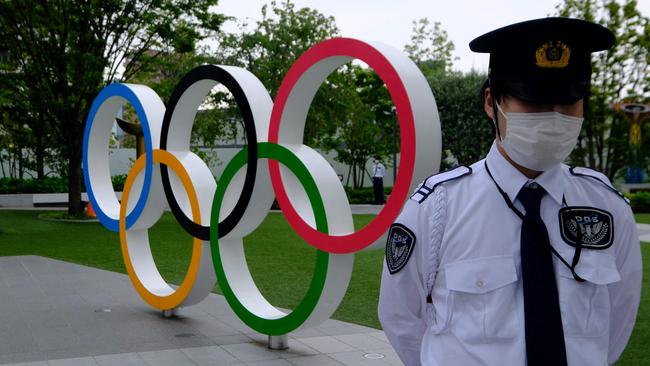
The United States has warned its citizens not to travel to Olympic host Japan, citing the growing risk of the Covid-19 pandemic in the Asian nation just two months before the Games begin.
A wave of cases in Japan has forced Tokyo, Osaka and eight other areas into a third state of emergency that could be extended into June, as the country struggles to relieve pressure on hospital beds and demoralised health workers.
The US missive is another serious setback to Japan’s hopes of convincing its own citizens that the Tokyo Olympics should not be cancelled.
Americans have not been banned from travelling but they have been made aware of the impact on their insurance rates. The directive may also have a bearing on the decisions of athletes on whether to compete at the Games, scheduled to start on July 23.
The questions many people are now asking are: Will the Olympics go ahead; and should they?
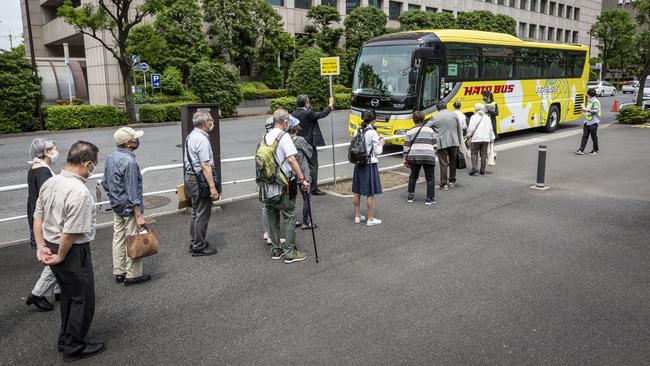
Latest blow to troubled Games
The warning came in a travel advisory issued by the State Department as Japan, which has been criticised for its slow inoculation rate, opened its first mass vaccination centres in a push ahead of the Olympics, which were postponed last year due to the pandemic.
The decision was based primarily on government health advice, as well as “secondary factors such as commercial flight availability, restrictions on US citizen entry, and impediments to obtaining Covid test results within three calendar days,” the advisory said.
It follows calls from Japan’s second-richest man to cancel the Games.
Masayoshi Son, the billionaire head of the telecommunications firm SoftBank, voiced his concerns shortly before Japan opened its first mass vaccination centres to speed up a program that has reached between 2 and 4 per cent of its 125 million population.
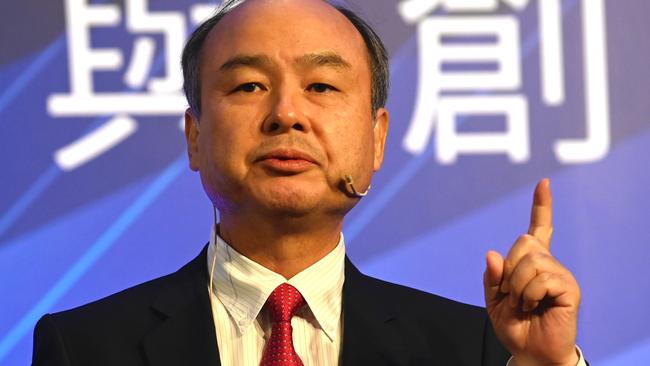
“More than 80 per cent of people want the Olympics to be postponed or cancelled,” he wrote to his 2.8 million Twitter followers. “By whom and on what authority is it being forced through? Does the IOC have the power to decide that the Games go ahead?
“There’s talk about a huge penalty [for cancelling the Games] but if 100,000 people from 200 countries descend on vaccine-laggard Japan and the mutant variant spreads, I think we could lose a lot more: lives, the burden of subsidies if a state of emergency is called, a fall in gross domestic product, and the public’s good will.”
How vaccination rates are looking in Japan
It began giving the Pfizer shot in February first to medical workers and then over-65s, whom the government aims to finish inoculating by late July, when the Olympics begin.
But ministers say the Games do not figure in their rollout schedule, and no date has been announced for other age groups.
Japan has seen a relatively small coronavirus outbreak, with around 12,000 deaths overall, but a recent surge in infections has put hospitals under strain.
Public opinion is largely opposed to holding the Olympics this summer but organisers say the event can be held safely.
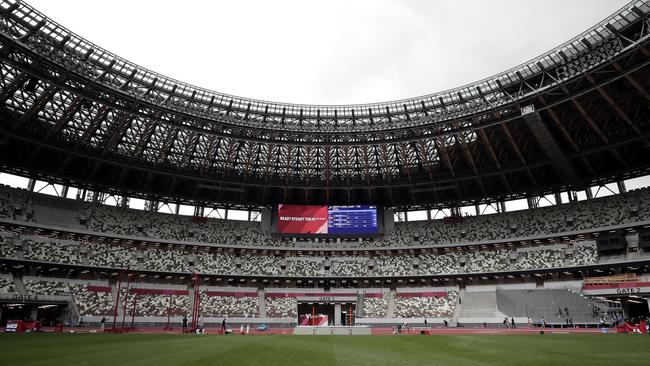
Managing thousands of athletes
About 11,000 Olympic and 4,400 Paralympic athletes are expected to attend the Games.
The majority of athletes and others staying in the Olympic village will be vaccinated before they enter Japan, but inoculation is not required to participate.
Two Australian athletes have already had their Olympics dreams scuttled due to a positive test.
The plan is for every Australian athlete to be vaccinated before the Games.
Chef de Mission of the Australian Team for the Tokyo Olympics Ian Chesterman has said athletes will be tested in Australia 14 days prior to departure and athletes around the world will be tested twice in the 96 hours before departure.
“They will all be tested on arrival and tested every day.”
Athletes will also be required to remain in their rooms for three days in Tokyo. They can leave the Olympic Village to train or do Olympic-related activities as long as they test negative each day.
Chesterman said athletes would also be expected to social distance, wear masks and practice good hygiene while overseas.
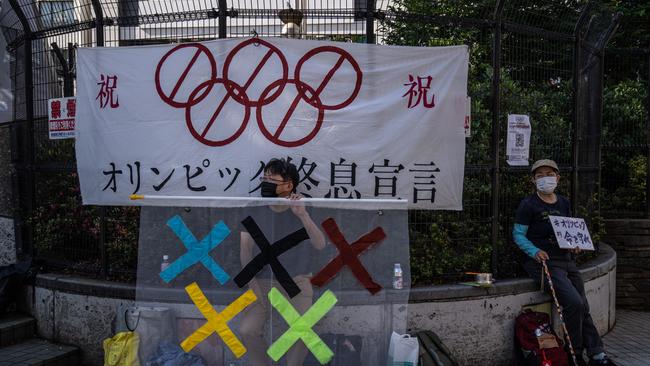
Medicos urge cancellation
The 6000-member Tokyo Medical Practitioners’ Association has added their voice to calls to call off the Games.
It has sent a letter to Prime Minister Yoshihide Suga, Tokyo Governor Yuriko Koike, Olympic Minister Tamayo Marukawa, and Seiko Hashimoto, the head of the Games committee.
“We believe the correct choice is to the cancel an event that has the possibility of increasing the numbers of infected people and deaths,” the letter said.
“Viruses are spread by people’s movements. Japan will hold a heavy responsibility if the Olympics and Paralympics work to worsen the pandemic, increasing the number of those who must suffer and die.”
Fans, or no fans?
Olympic officials declared in March that only Japanese spectators would be able to attend events.
Foreign visitor numbers will be limited, and a decision will be made in June about how the latest surge in cases affects spectator access for locals.
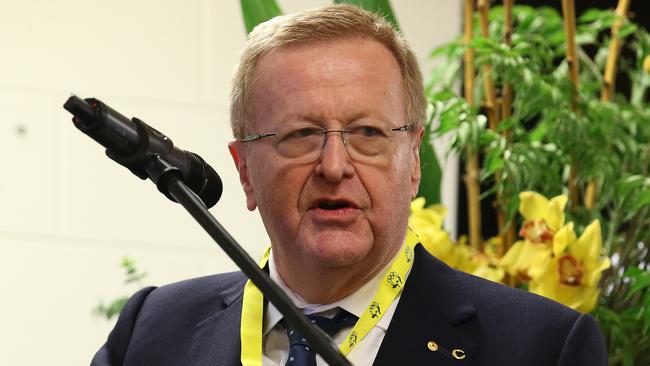
IOC adamant the show will go on
The ultimate call on the Olympics will be made by the International Olympic Committee. At this stage they are determined to press ahead, seemingly regardless of the rising tide of opposition.
With billions of dollars of TV rights deals and sponsorships at stake, the IOC has plenty to lose if the event doesn’t go ahead.
Japan has officially spent $15.4bn to organise the Olympics, although government audits suggest the figure is much higher.
IOC vice president, Australian John Coates, said the games would open even if the city and other parts of Japan were under a state of emergency because of rising COVID-19 cases.
He said the organisation would also defy local medical experts if they advised against holding the Olympics.
“The advice we have from the WHO (World Health Organisation) and all other scientific and medical advice that we have is that — all the measures we have outlined, all of those measures that we are undertaking are satisfactory and will ensure a safe and secure games in terms of health,” Coates said.
“And that’s the case whether there is a state of emergency or not.”
Coates said public opinion might improve as more Japanese got vaccinated.
“If it doesn’t then our position is that we have to make sure that we get on with our job,” Coates said. “And our job is to ensure these games are safe for all the participants and all the people of Japan.”
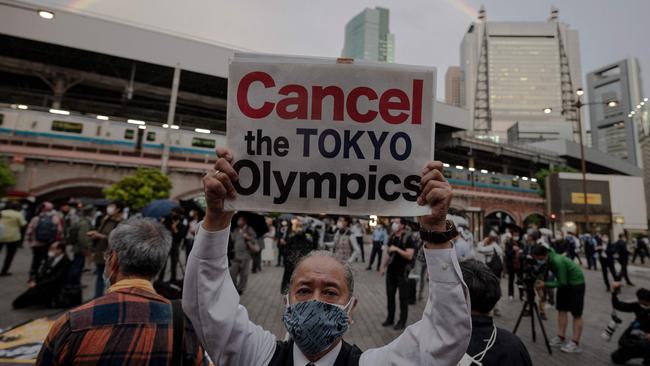
US expresses cautious support
A State Department spokesman said Washington “respected the decision to delay the Games last summer and we understand the careful considerations that the Japanese government and the International Olympic Committee are weighing as they prepare for the Tokyo Olympics this summer.”
“President Biden proudly supports the US athletes who have trained for these Games and will be competing in the best traditions of the Olympic spirit,” he said.
It’s hardly a ringing endorsement, and gives the President enough wriggle room to back out of the Games if they become untenable.
With the starting gun fast approaching for these troubled Olympics, it’s a case of watch this space.
Agencies/AFP

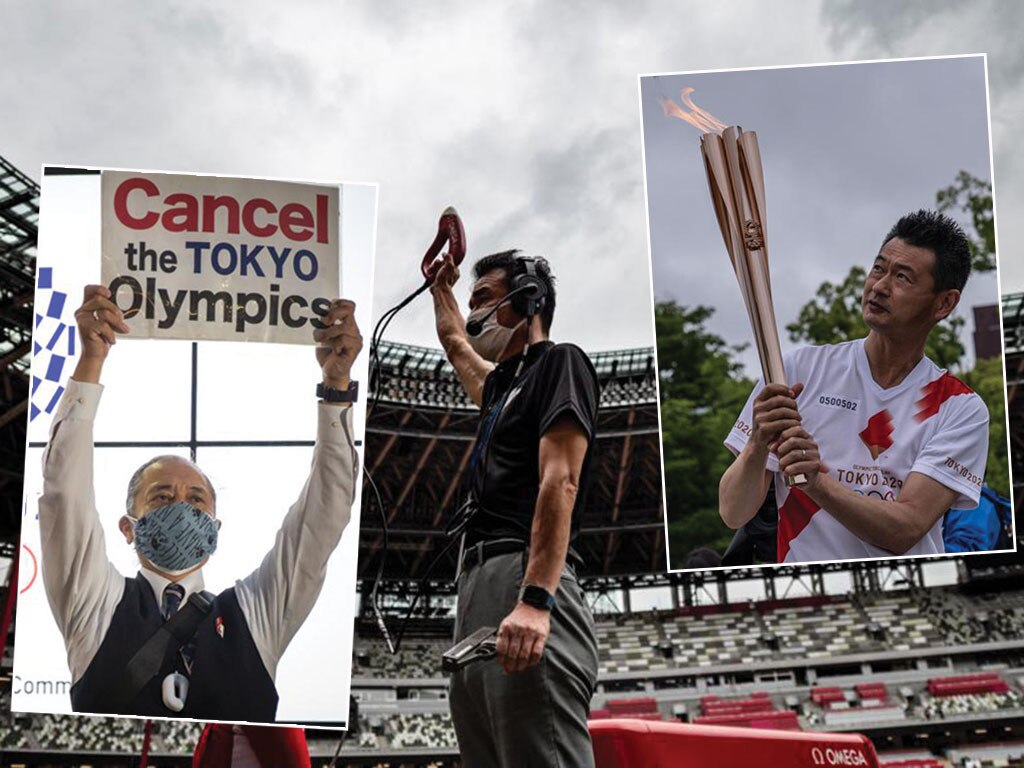
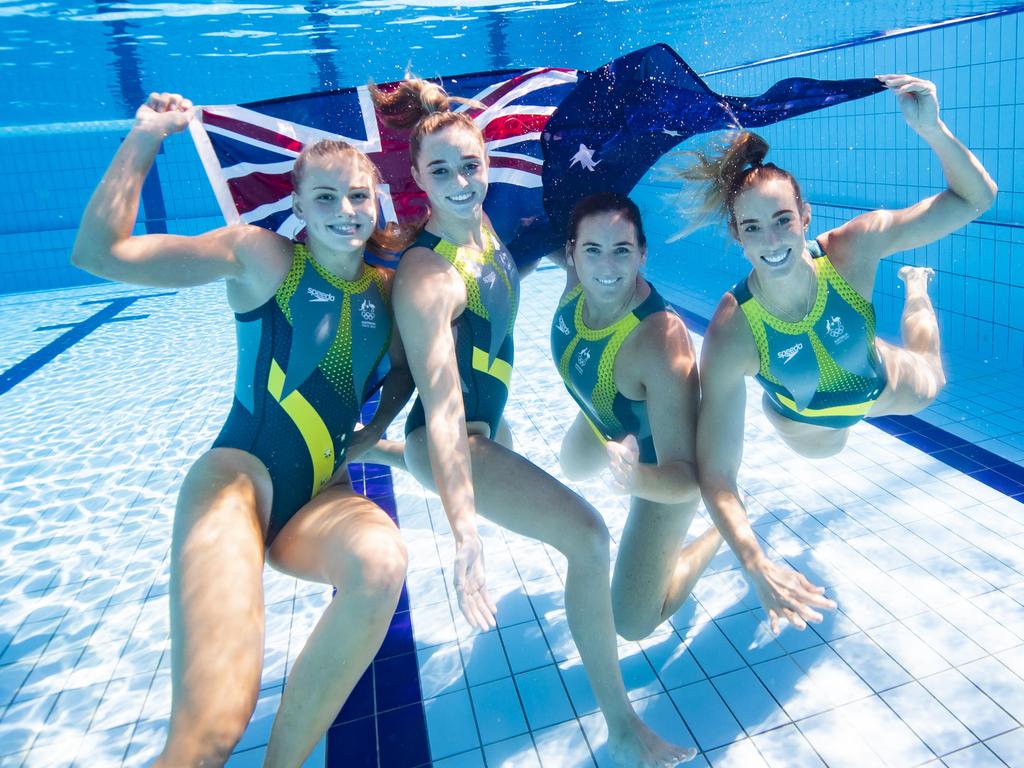
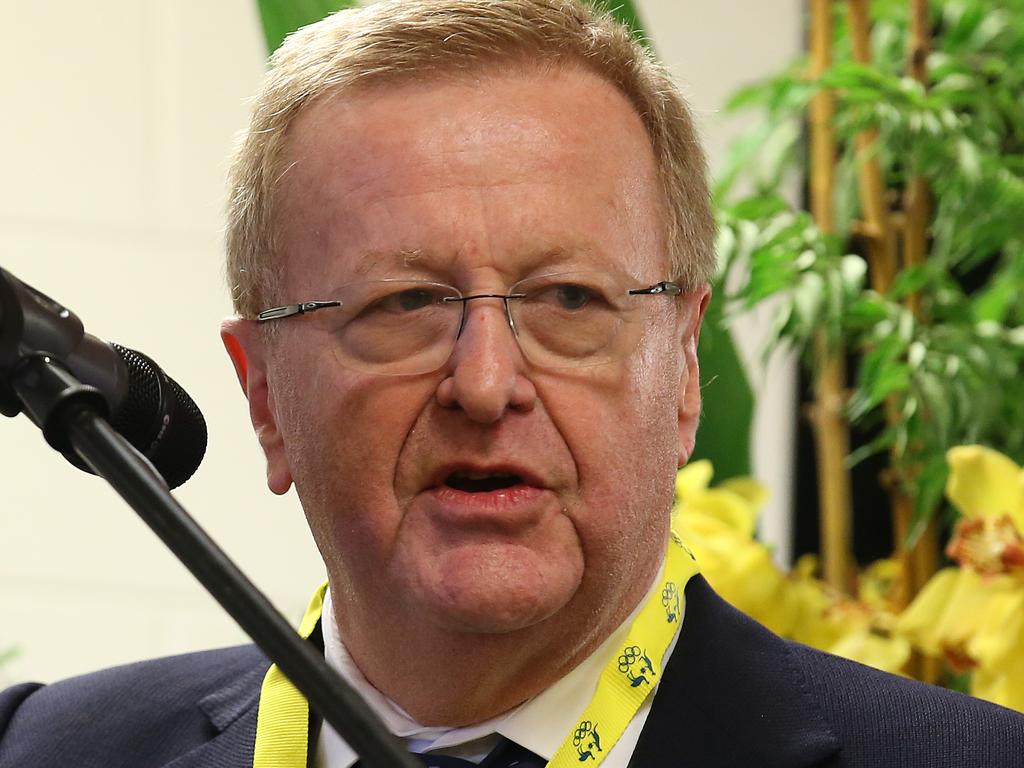

To join the conversation, please log in. Don't have an account? Register
Join the conversation, you are commenting as Logout